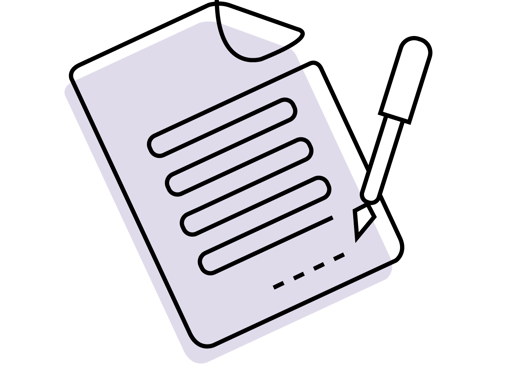When you calculate your SPAs as part of the job planning process, it’s important to know what qualifies as a SPA and how many you should be doing on average per week as part of your contract.
What is included in SPA time?
Activities undertaken in supporting professional activity time underpin direct clinical care work, and might include (but are not restricted to) participation in:
Continuing professional development (CPD)
- Educational meetings and associated paperwork e.g. applying for CPD certificates with records of educational meetings attended and CPD points.
- Reading and other self-study, on-line learning or CPD modules. Attending postgraduate meetings, peer meetings (specialty and locality), external training events (lectures, courses, conferences, case presentations, journal clubs).
- Meeting requirements as set by the appropriate royal college.
- Review of papers for journals.
- Business travel time (as necessary eg, for a CPD, training event, audit, research outside your place of work).
Teaching and training
- General teaching, lectures and tutorials for medical students and resident doctors.
- Work as an Objective Structured Clinical Examination (OSCE) examiner.
- Supervision of junior medical staff, including timetabled sessions and daily support and advice.
- Reading and commenting on updated teaching materials prepared by colleagues.
- Teaching non-medical staff eg, allied healthcare professionals, pharmacists and nursing staff.
Audit
- Supervision of audit (ie, directing and supporting trainees' audit projects).
- Planning individual or department audit projects.
- Online assessment of audit mortality notes.
- Reviewing internal audit data.
Job planning
- Gathering information to support discussions at job planning. This includes undertaking diary exercises, providing evidence of types of work activities, etc.
- This webinar recording gives guidance on the job planning process for SAS doctors.
Appraisal and revalidation
- Gathering information for appraisal folder and preparation of the paperwork.
- Annual appraisal meeting.
- Appraising colleagues and completing associated paperwork.
- Training others in the appraisal process.
Contribution to service management and planning
- Divisional meetings and associated work.
- Clinical policy forum work.
- Local specialty advisory committee membership.
- Staff interviews, including short-listing.
- Medical staff committee/association duties, including meetings and preparation.
- Rota design, planning and management.
- Lead clinician roles.
SAS doctors working full time
What time SAS doctors are entitled to
The 2021 and 2008 SAS terms and conditions (TCS) dictates a minimum of one PA (Programmed Activity – a total of four hours) to meet requirements for appraisal, revalidation and job planning.
Any SPA activity such as teaching, research, clinical management or medical education roles would then call for additional SPA time. You should have access to appropriate opportunities for personal development and your employer must consider these as part of your job plan review.
Taking these further activities into account, SAS doctors should therefore be allocated at least two SPAs in their job plan line with the good practice guidance produced by the Welsh Assembly Government, which recommends 20% of time for SPAs for all SAS doctors.
If you are undertaking the Portfolio Pathway, you should also ensure extra SPA time is provided in addition to your regular SPA time.
You should discuss locally the balance between SPA time and other work and include it in your job plan. This is explained in schedule 4 of the SAS TCS (terms and conditions of service).
Some SAS doctors might have the same SPA time as their consultant colleagues and this will depend on experience and career level.
For more guidance on how to negotiate and agree the appropriate number of SPAs in your job plan, please see our guidance on reviewing your job plan.

Sign up to the BMA newsletter
- Read the BMA’s award-winning articles and interviews
- Find out about upcoming webinars and events designed to grow your skills and support your career
- Learn more about what support is available to doctors like you

